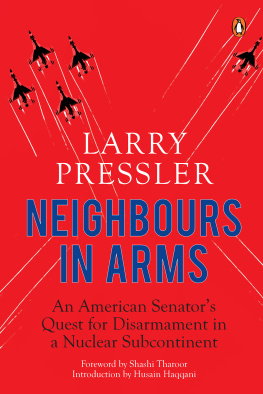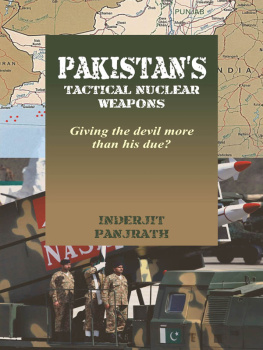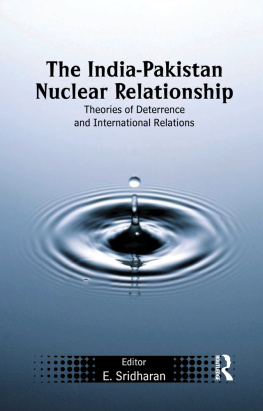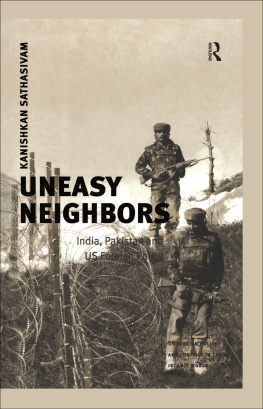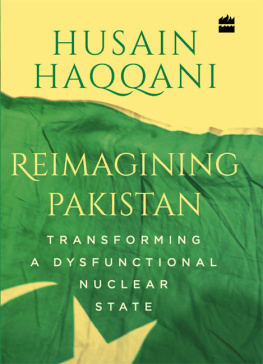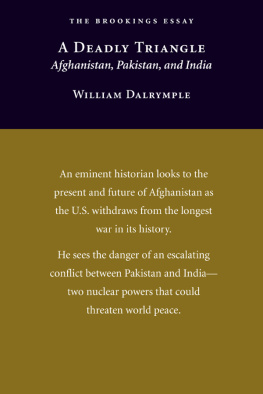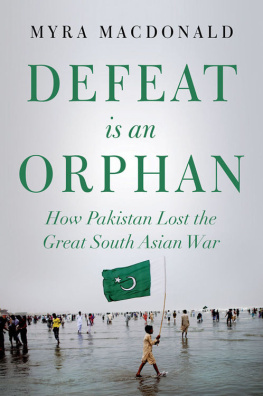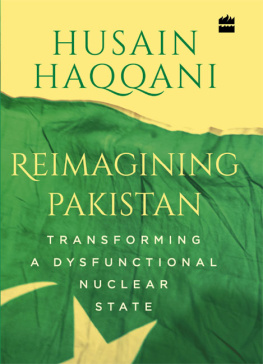Advance Praise for the Book
Like most Indians, I was long familiar with the Pressler Amendment and it was therefore a pleasant surprise when, on moving to Washington, I discovered that Senator Larry Pressler was our neighbour. A person of grace and modesty, Larry Pressler became a personal friend from whom I heard about his struggles to foster closer ties between the US and India. This book is a fascinating account of the struggle and also a recent history of USIndia relations. While the proposed economic sanctions in the amendment were never fully tested, as the Pressler Amendment was sabotaged by forces within the Pentagon, its lessons as a template for economic sanctions remain with usKaushik Basu, former chief economic adviser, Government of India
I have known Senator Larry Pressler since our days together at Oxford University as Rhodes Scholars in 1964. In fact, we spoke together at one English public school in those days. We were both idealistic twenty-two-year-olds then, and now we write as seventy-five-year-olds, semi-retired, battle-scarred veterans of public life. Senator Presslers work illustrates the significant role a member of the United States Congress can constructively play in the formulation of foreign policy. Our nations continue to face many of the same issues of sanctions to reduce the spread of nuclear weapons, and Senator Presslers book deserves serious consideration by anyone trying to understand how foreign policy is madeMontek Singh Ahluwalia, former deputy chairman, Planning Commission, Government of India
Larry Pressler has written a remarkable book. In telling the tragic story of the Pressler Amendment, which would have prevented Pakistan from taking the nuclear weapons route, he also explains the forces at work that first circumvented the amendment legislated by the US Congress and approved by the US President, and later rolled it back. The description of these power circles by Pressler as the Octopus is most appropriate. With its numerous tentacles and a common centre, the Octopus is a frequently used metaphor for a powerful and manipulative system that can strangulate and be lethal. This extant system in Washington is a tremendous upgrade of the military-industrial complex that President Eisenhower had warned of many decades ago. Indians would do well to understand how this species works, if relations between the worlds strongest and largest democracies have to progressVikram Sood, former head, Research and Analysis Wing, Government of India
Senator Pressler has been a true friend of India, and has been my friend for many years. He served on the board of directors of Infosys for some years. He has a unique interest in India. Whenever he came to board meetings in India, he would make an extra effort to visit a site of historical significance. He is a true Indophile. Fundamentally, this book introduces the real Larry Pressler to IndiaN.R. Narayana Murthy, founder, Infosys
Senator Pressler has invested considerable effort in affirming Americas non-proliferation goals in Pakistan. Without his efforts, I have little doubt that the nuclear situation in South Asia would be far worse than it already is. We are not offering gifts, bribes or charitywe are offering a proposal that would create some concrete incentives for Pakistan to honor its non-proliferation commitmentsSenator John Glenn, chief author of the United States Nuclear Non-Proliferation Act of 1978
Senator John Glenn and Senator Larry Pressler co-sponsored the Pressler Amendment (or the GlennPressler Amendment as it was known while the Democrats were in control) which tried to keep nuclear weapons out of both India and Pakistan. The two did a wonderful job in keeping the US Senate informed of nuclear proliferation in the subcontinentSenator Bob Dole, Republican nominee for President of the United States in 1996
I served in the US Senate with Larry Pressler for many years. I always admired Larry for several reasons, not the least of which is his stunning educationRhodes Scholar, Harvard Law. Hes proved to be a real patriot; hes served two tours of duty in Vietnam in the US Army and the US Foreign Service. John Glenn and Larry Pressler worked on ways to stop the proliferation of nuclear weapons. Some of the most significant work on this issue during the last thirty years has been Pressler and Glenn trying to limit nuclear proliferation through the GlennPressler Amendment. In spite of their tireless work, Pakistan developed a robust nuclear weapons program. The two senators efforts did result in the USIndia nuclear agreement which is in effect today. Senator Presslers new book is an insight into the influence of lobbying on foreign policy and the difficulty in developing sound foreign policySenator Harry Reid, former Democratic majority leader, US Senate
I have been aware of Senator Presslers long interest and activity in the nuclear non-proliferation field; as a fellow member of the US Senates Foreign Relations Committee, I joined in his and Senator Glenns struggle to prevent the spread of nuclear weapons in the Indian subcontinent. Although he admits he was not successful in keeping nuclear weapons out of Pakistan, his efforts had a number of positive results. In this book, Senator Pressler also discusses the growing role of law and lobbying firms in the formulation of foreign policy, and brings us up to date on the current USIndia nuclear dealSenator Richard Lugar, president, Lugar Center
Internationally, Larry Pressler is known and respected for his efforts on nuclear non-proliferationSenator Trent Lott, former Republican majority leader, US Senate
Throughout his time in Congress, US Senator Larry Pressler provided deft and steady leadership in foreign policy. As the author of the Pressler Amendment aimed at keeping Pakistan from acquiring nuclear weapons, he has been one of our nations leading thinkers in matters of foreign relations, with a particular expertise in nuclear non-proliferation policy. In this insightful and eye-opening new book, Senator Pressler adroitly describes how foreign policy is actually formulated in Washington today, advocating for a stronger, more active role for the legislative branch. He favors the use of Congressional hearings and actions over involvement of lobbyists and consulting firms. This is a must-read story for every student of foreign policy and anyone interested in getting a glimpse of the behind-the-scenes process of policymakingSenator Mike DeWine, attorney general of Ohio
Senator Pressler tells an important story of an insider who battled what he calls the Octopus from both political parties who represent financial interests, much to the detriment of sound policymaking. This book provides an eyewitness account of the virtually unchecked power of law firms and lobbying firms which usurp the State Departments and the Congresss role in making foreign policy, of the unseen money flow that lubricates the entire process, and the real-world damage caused by it allDanielle Brian, executive director, Project On Government Oversight

